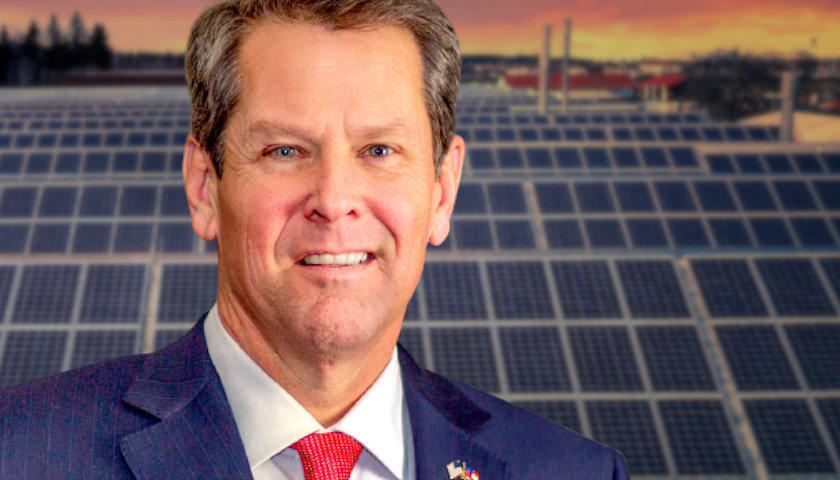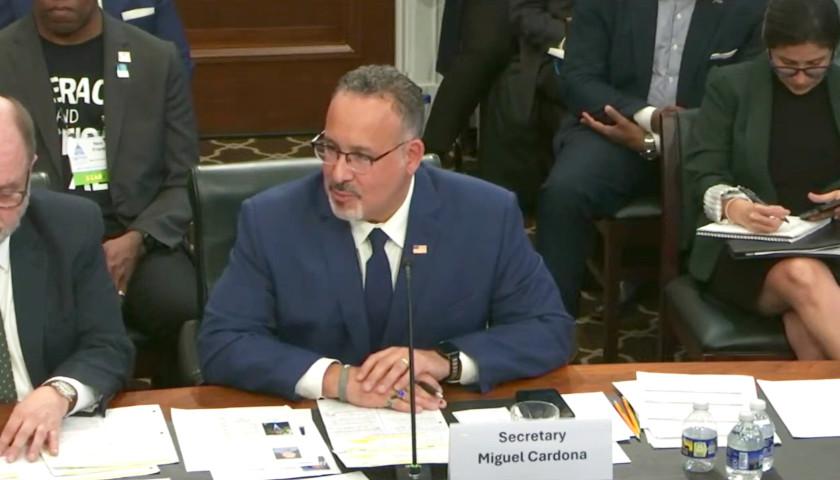Lee County, Georgia will accept a more than $220 million investment from a Tennessee-based company with a reported history of ethics problems.
That company, the Silicon Ranch Corporation, helps finance the construction of solar arrays. Silicon Ranch will invest those millions into the 250-megawatt (MWAC) DeSoto Solar Farm.
Georgia Governor Brian Kemp announced the investment in an emailed press release this week.
“This significant capital investment by Silicon Ranch will create hundreds of construction jobs for this community, generate new tax revenues to support the local government and school system, and provide clean, renewable energy to our EMCs and the customers and communities they serve,” Kemp said in the press release.
“The project will be delivered in three phases over the next two to three years, and Silicon Ranch will own, operate, and maintain the facility for the long-term, a disciplined approach the company takes with every project it develops.”
Silicon Ranch Corporation Founding Chairman Phil Bredesen, a Democrat, served as Tennessee’s governor from 2003 to 2011 and ran for the U.S. Senate in 2018 but lost to U.S. Senator Marsha Blackburn (R-TN).
Silicon Ranch benefited from policies that Bredesen enacted as governor. As governor, Bredesen had long touted the benefits of solar energy.
In 2009, for instance, Bredesen used $62.5 million in federal stimulus money to fund two solar-related projects under what was known as the Volunteer State Solar Initiative. The first project, the Tennessee Solar Institute, is at the University of Tennessee and Oak Ridge National Laboratory campuses in Knoxville and Oak Ridge. The second project, the West Tennessee Solar Farm near Brownsville, is a five-megawatt 20-acre power generation facility. In 2009 Bredesen described that as one that helps with educational, research, and economic development matters.
Also in 2010, Silicon Ranch subleased office space from Pathway Lending, a company that had economic development interests with the Tennessee state government while Bredesen was governor.
“Such involvement on the governor’s part might serve as additional violations of the state’s Guiding Principles of Ethical Conduct for State Officials,” according to a 2010 Tennessee Watchdog article.
Those guiding principles warn elected officials against even the appearance of a conflict of interest when it comes to financial interests.
Bredesen rakes in millions of dollars off deals involving Silicon Ranch Corp. by pitching solar projects that appear on paper to offer a cheaper alternative to coal. But under closer examination, the Silicon Ranch numbers are skewed by federal tax credits that subsidize its solar-energy industry.
Nick Loris, of the Heritage Foundation, a Washington, D.C.-based think tank, said in 2018 that solar is more expensive. He also said solar isn’t as effective an energy saver as people in government might lead Americans to believe. Loris said solar has only hobbled along as far as it has because of government subsidies and tax incentives.
Loris went on to say that the government “props up companies that couldn’t compete in a marketplace otherwise.”
That’s corporate welfare, Loris said.
Political activists in 2018 called out Bredesen during his U.S. Senate run that year for pumping millions into the solar industry as governor of Tennessee and then launching Silicon Ranch while still governor.
Silicon Ranch staff announced last week it acquired the solar farm company Clearloop. Clearloop will continue to operate under its brand and under CEO Laura Zapata. Both companies are based in Nashville, Tennessee and will share office space at Silicon Ranch’s headquarters downtown. A press release did not disclose the terms of the deal.
– – –
Chris Butler is an investigative journalist at The Tennessee Star. Follow Chris on Facebook. Email tips to [email protected].








